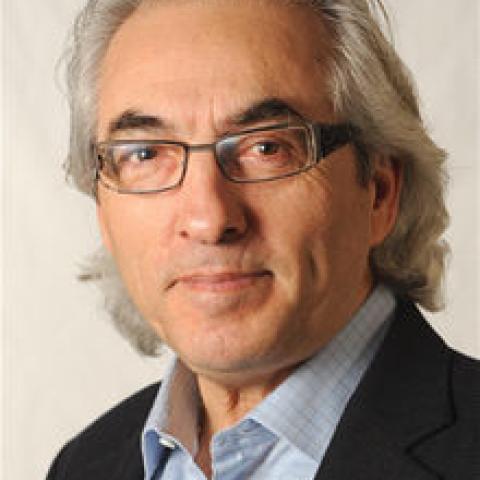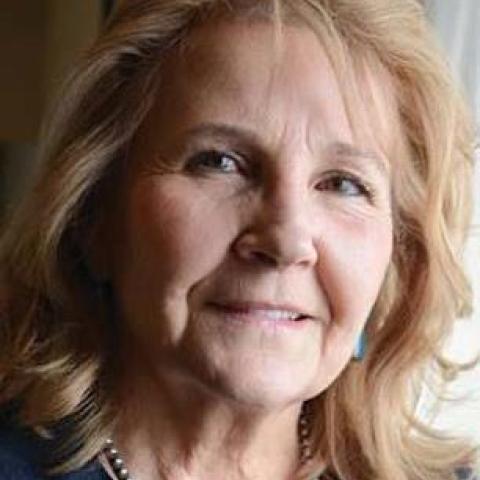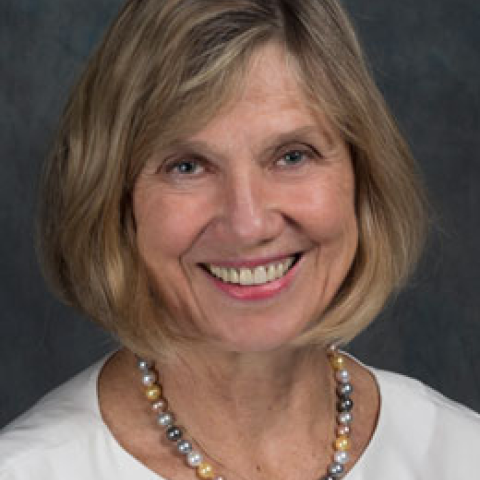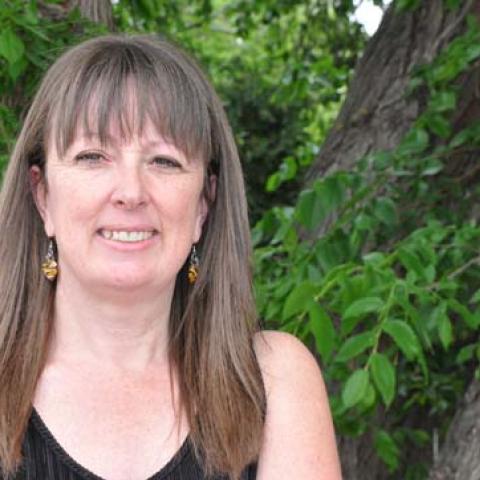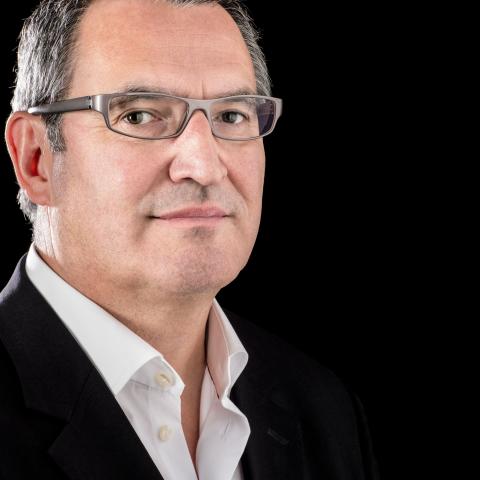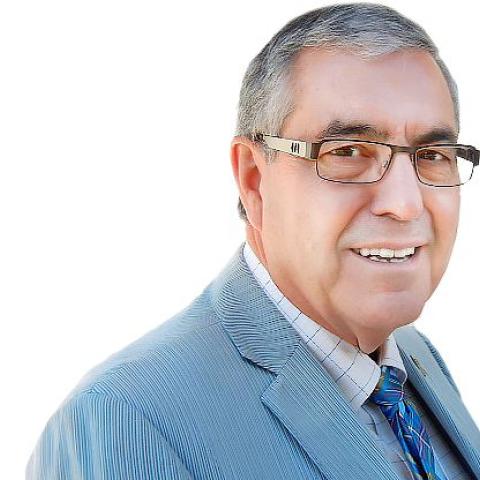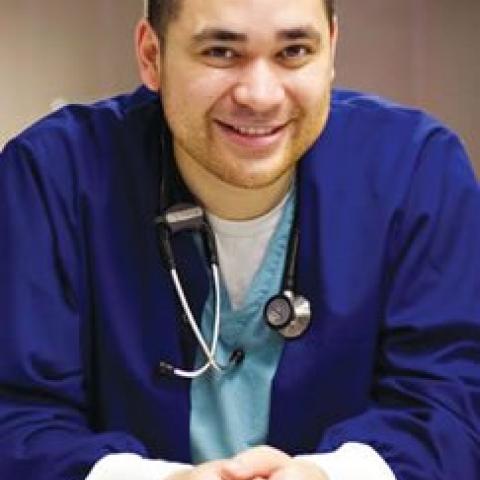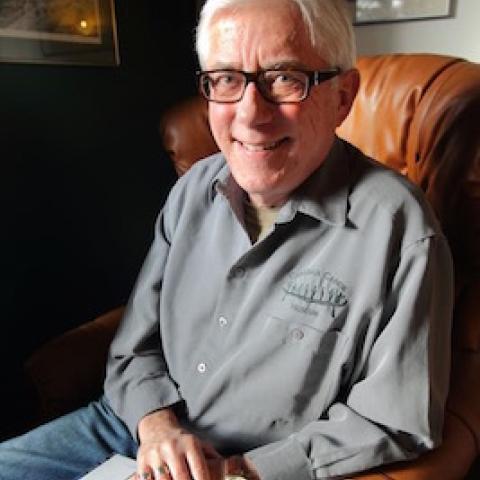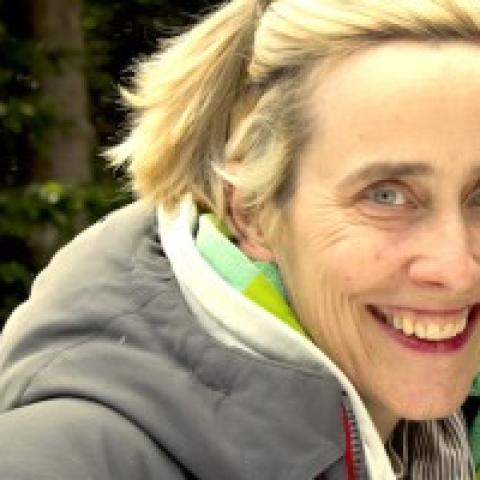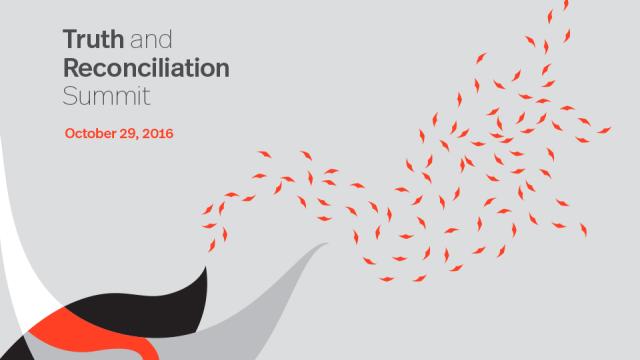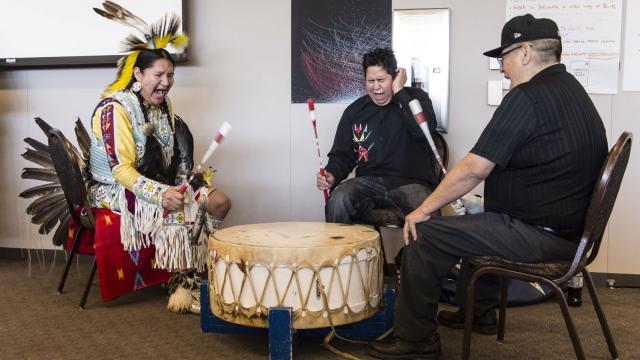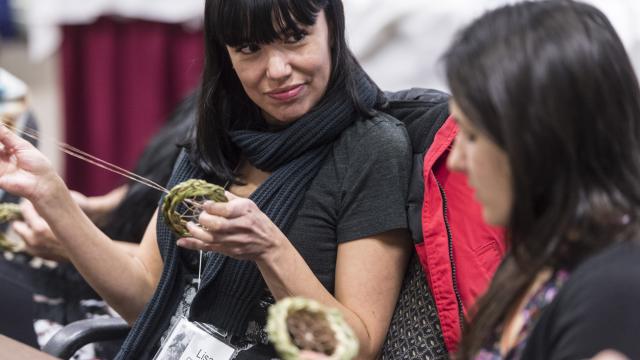Phil Fontaine was born at the Sagkeeng First Nation (formerly known as Fort Alexander) in Manitoba, about 150 kilometers north of Winnipeg. His first language is Ojibway.
In his youth he attended a residential school operated by the Oblates of Mary Immaculate at Sagkeeng. He also attended the Assiniboia Residential School in Winnipeg and he graduated from Powerview Collegiate in 1961.
In 1973, Mr. Fontaine was elected Chief of the Sagkeeng First Nation for two consecutive terms. Upon completion of his mandate, he and his family moved to the Yukon, where he was a Regional Director General with the Federal government.
In 1981 Mr. Fontaine graduated from the University of Manitoba with a Bachelor of Arts degree in Political Science. After graduation, he worked for the Southeast Resource Development Council as a Special Advisor, which was followed by his election to the position of Manitoba’s Vice-Chief for the Assembly of First Nations. Mr. Fontaine was one of the Manitoba First Nation leaders instrumental in the defeat of the Meech Lake Accord.
In 1991, he was elected Grand Chief of the Assembly of Manitoba Chiefs and served for an unprecedented three consecutive terms. In 1997, he was elected National Chief of the Assembly of First Nations. After one term as National Chief, he was appointed Chief Commissioner of the Indian Claims Commission. Mr. Fontaine returned to the Assembly of the First Nations as National Chief, for two more terms, in 2003 and held the post until 2009. Among his many accomplishments as the longest serving National Chief, he will be most remembered for successfully negotiating the Indian Residential Schools Settlement Agreement, which included financial settlements for survivors and the establishment of the Truth and Reconciliation Commission.
Since September 1, 2009, Mr. Fontaine serves as a Special Advisor to the Royal Bank of Canada. His mandate is to "provide advice and counsel to RBC's Canadian businesses to help the company deepen its relationships with Aboriginal governments, communities and businesses in Canada".
In March 2010, Mr. Fontaine joined Norton Rose OR LLP (formerly Ogilvy Renault) as Senior Advisor and advises Canadian and international clients on First Nations matters, including Aboriginal law, energy, environmental, and mining and resources. Mr. Fontaine is also a special advisor to Trans Canada on matters relating to aboriginal issues as well as serves as director for numerous private and public companies including Chieftain Metals and Avalon Rare Metals.
Mr. Fontaine is owner and President of Ishkonigan Inc., a successful consulting company he founded in 2009 specializing in Aboriginal relations, negotiations, government relations, mediation and advisory services. The national company has offices from Saskatchewan to New Brunswick, and employs over 20 specialized Aboriginal professionals with a diverse and growing client base.
He is a Member of Order of Manitoba and has received a National Aboriginal Achievement Award, the Equitas Human Rights Education Award, the Distinguished Leadership Award from the University of Ottawa, the Queen’s Diamond Jubilee, and most recently was appointed to the Order of Canada. Mr. Fontaine also holds fifteen Honorary Doctorates from Canada and the United States.
Phil Fontaine joined the Board of Directors of the Pierre Elliott Trudeau Foundation in November 2014.
